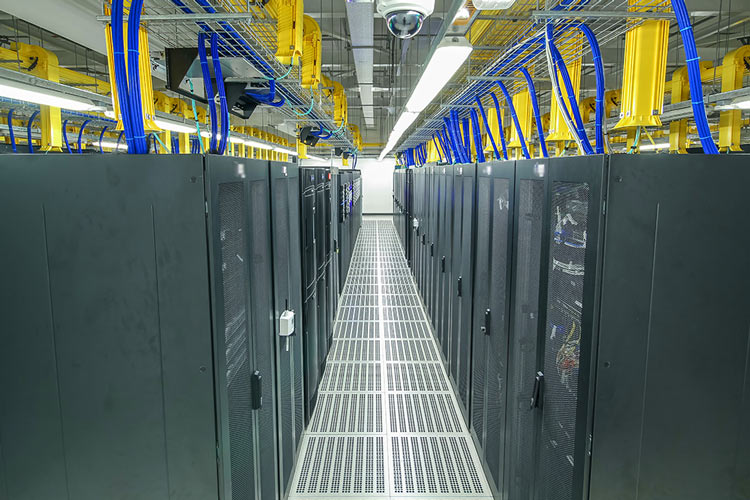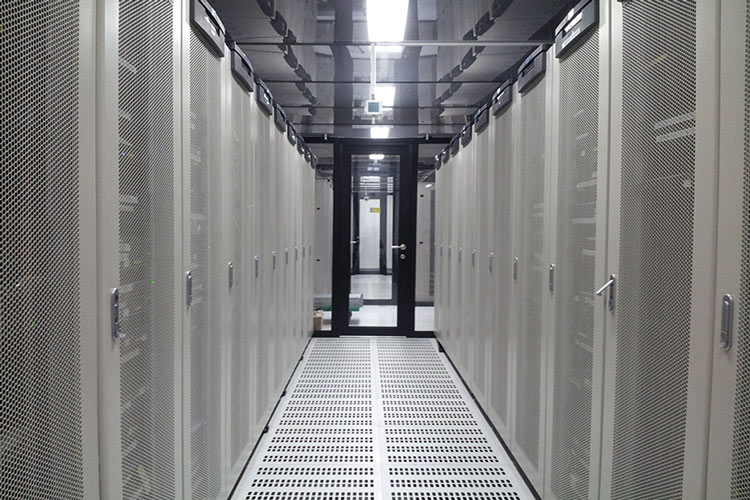Managed hosting refers to the IT provisional mode in which a provider company leases servers and associated applications and hardware to a client. The providing company houses and manages all equipment. The client may or may not have administrative access to these servers and applications but rarely utilizes this access. In most cases, a web-based interface is used by the client to interact with the hosting provider.
Standard Services Offered Through Managed Hosting:
· Set up and configuration of hardware
· Set up and configuration of software
· Technical Support
· Patch Management
· System maintenance
· Monitoring All Hardware, Software and System Functioning
· Updating Client
Additional (or Optional Services):
· Backups of Systems, Hardware and Software
· Load balancing
· Disaster Recovery
· Vulnerability Scanning
· ID – Intrusion Detection
· Preventing and Mitigating DDoS: Distributed Denial of Service
The services a company is offered by their managed hosting provider depends entirely on the level of management they opt for. Managed hosting has two options: fully managed hosting and partial managed hosting.” In a fully managed hosting package, the goal is to allow the client to sit back and enjoy their server without any involvement beyond receiving regular updates. A dedicated webmaster works around the clock to monitor and manage your server systems and hardware. Partial managed web hosting is less expensive but requires more hands on involvement from the client. Your systems will still be managed by a dedicated webmaster but you will be responsible for some administrative tasks. The upside of this choice is that you, as a user, have a higher degree in control over your systems.
The Benefits – Managed Hosting and Your Company:
The benefits of managed hosting are most acutely experienced by small to mid sized companies. For these companies, the cost of signing up with a managed hosting provider is significantly less than that of hiring, training and monitoring an in-house webmaster. Additionally, companies save significant amounts of resources and time on the maintenance of these server systems. Managed hosting providers give companies the ability to focus on their business without wasting time and energy on IT management. Here is a brief look at additional benefits of managed hosting.
· Security and Experience: With managed hosting services, you are paying for expertise and experience – and the peace of mind that accompanies this. Highly skilled technical specialists are proactively managing and updating your IT infrastructure while you focus on growing your business. Furthermore, managed hosting providers utilize multiple layers of redundancy to ensure that no single point of failure is present in your infrastructure – thereby creating a higher level of security than businesses could create on their own.
· Decreased Staffing Needs: Outsourcing your IT infrastructure needs to a managed hosting provider means significantly reduced staffing needs and expenses. For one fee, a managed hosting provider will replace an entire department of in house IT tech support while offering the 24 hour coverage and management that would be impossible to provide with an in house staff. This 24 hour care is often provided at no additional cost and can mean the difference between 12 hours of interrupted service and a secure business continuity plan.
· Accelerated Global Expansion: Companies with managed hosting providers are shown to be more prepared for rapid international growth. Managed hosting providers with international operations have the ability to deploy international infrastructure quickly and replicate domestic solutions abroad. This allows for rapid expansion across international borders. Hiring the tech support needed to accomplish this with an in house team would be costly, ineffective and inefficient.
For small to mid-sized companies, managed hosting providers offer the flexibility and expertise required for business expansion.











